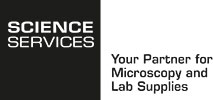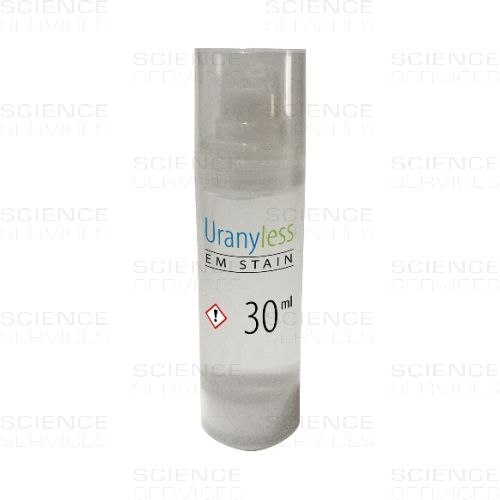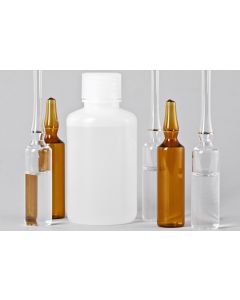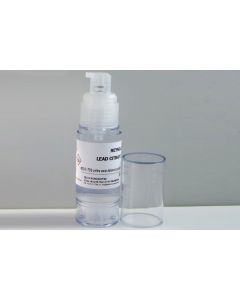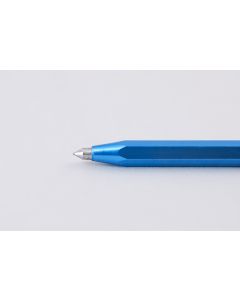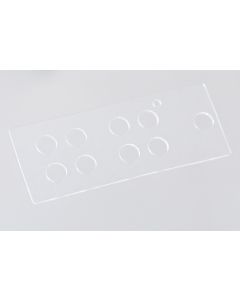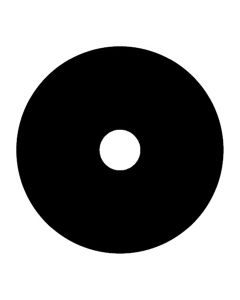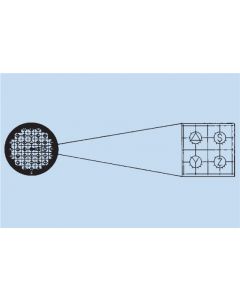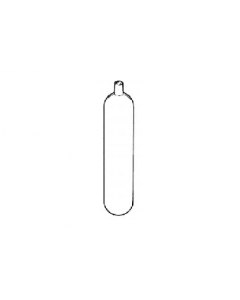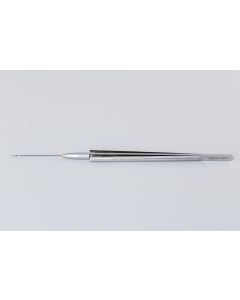Uranyless EM Stain
Uranyless is a non-radioactive staining reagent as alternative to uranyl acetate. An optimized lanthanide Mix allows fast staining times. Uranyless is suitable for classical and negative staining procedures. The 30ml dispenser bottle is sufficient for staining of up to 1500 TEM grids.
UranyLess in 30% Ethanol is recommended for dense and lipid-rich tissue which is difficult to stain.
UranyLess in Acetone is used for contrasting cryo-fixed tissue during freeze substitution.
Recommended for use with Lead Citrate (#DM22410).
We give you a round of extra strong contrast! 20% discount on UranyLess until 12.04.2025
Product Details
Description
UranyLess is a post-staining solution for classical and negative staining applications for TEM. It is a substitute for Uranyl Acetate with similar results.
UranyLess in Water
Depending on sample- and preparation-conditions, UranyLess' fast-acting, non-radioactive lanthanide mix can stain with only a minute of contact (see UranyLess - Tips & Tricks). If needed, lead citrate is recommended to increase the contrast.
UranyLess's pH level is about 6,8 to 7. The 30ml airless bottle will stain approximately 1500 grids. The airless bottle increases the shelf life, eliminates CO2 contamination, and produces less waste - the solution pumps out in perfect amounts without leaking or spilling. UranyLess is also available in a larger amount for use in automated staining equipment. When using UranyLess for automated staining, do not wash longer than 10 minutes or you run the risk of losing all contrast.
UranyLess has been tested on many biological tissues (animal and plant): intestine, skeletal and cardiac muscle, liver, kidney, adrenal gland, nerve, cell culture, plant tissue, and also on negative staining of bacteriophage, bacteria, and polymers. UranyLess is ideal because of its ability to stain any kind of material and results are reproducible. To see the effectiveness of Uranyless, please check the section UranyLess - Applications.
UranyLess in Ethanol
Recommended for very dense Tissue and lipid-rich tissue that is difficult to contrast
- contrast 2 to 8 min with this Uranyless in Ethanol
- wash with 30% alcohol, twice 3 min
- Contrast Enhancement with Lead citrate for 2min (#DM22410)
Notes:
- UranyLess is a 30% Ethanol solution in water
- Ethanol allows the contrast to penetrate well, especially in tissues rich in very tight collagen such as the cornea in this type of application
- 30% Ethanol is a sufficient compromise to penetrate deeper without dissolving the lipid structures
UranyLess in Acetone
Recommended for contrasting cryo-fixed tissue during freeze substitution
- Mix with your fixative solution (PFA, Gluta, Osmium)
- Wash with 100% acetone, twice for 30 min
- Start Cryo embedding in respective resin
References:
"Easier and Safer Biological Staining: High Contrast UranyLess Staining of TEM Grids using mPrep/g Capsules." Benmeradi N1,2, Payre B2 and Goodman SL3.
1. Delta Microscopies, 22, B route de saint Ybars, La côte blanche, 31190, Mauressac, France
2. Université Toulouse, CMEAB Faculté Medecine, 118 route Narbonne, 31062, Toulouse, France
3. Microscopy Innovations LLC, 213 Air Park Rd, Suite 101, Marshfield, WI, 54449, USA
"C-Nap1 mutation affects centriole cohesion and is associated with a Seckel-like syndrome in cattle." Nature Communications. Published 23 Apr 2015. Sandrine Floriot, all.
More Information
| Symbol GHS |
GHS07
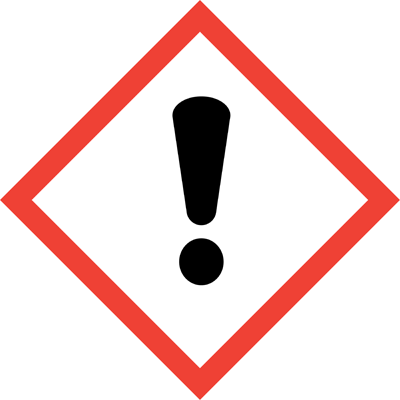
GHS02
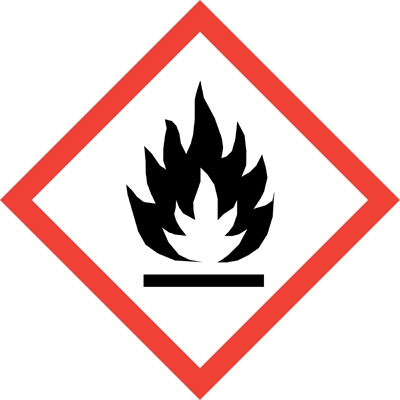
|
|---|---|
| Signal word |
Danger
|
| Mandatory sign |
Tightly sealed goggles

Protective gloves

|
| Hazard statements |
H315
H335
H225
H302
H319
|
| Precautionary statements |
P261
P305_351_338
P405
P501
P210
P233
P240
P241
P242
P280
P304_340
|
| Shipping Class |
Hazardous Good LQ
|
| Manufacturer |
- Kein Hersteller -
|
| SDS (multilingual) | DM22409/-20 |
| SDS (multilingual) | DM22409C |
| SDS (multilingual) | DM22409C |
